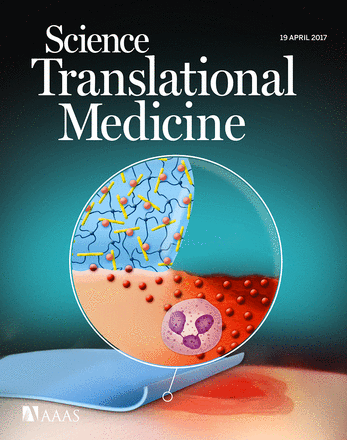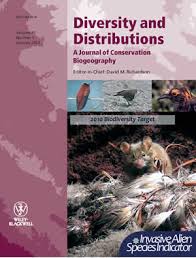
Two months after Harvard and the Brigham and Women’s Hospital said they were requesting the retraction of more than 30 papers from a former cardiac stem cell lab there, two American Heart Association journals have retracted more than a dozen papers from the lab.
Yesterday, Circulation retracted three papers, and Circulation Research retracted 10. All 13 were among 15 subjected to expressions of concern last month. Continue reading Anversa cardiac stem cell lab earns 13 retractions
 After a finding of data manipulation, the corresponding author of a 2014 paper by a team of researchers at Indiana University has retracted the work.
After a finding of data manipulation, the corresponding author of a 2014 paper by a team of researchers at Indiana University has retracted the work.
 A leading journal in ecology and evolution is going through an evolution of its own, following the resignation of its editor in chief and more than half of its editorial board.
A leading journal in ecology and evolution is going through an evolution of its own, following the resignation of its editor in chief and more than half of its editorial board. As we’re fond of repeating, sunlight is the best disinfectant. Which doesn’t jibe with the findings in an eye-catching 2018 paper that found people were less fearful of catching a contagious illness if they were in a dark room or were wearing sunglasses.
As we’re fond of repeating, sunlight is the best disinfectant. Which doesn’t jibe with the findings in an eye-catching 2018 paper that found people were less fearful of catching a contagious illness if they were in a dark room or were wearing sunglasses. 



